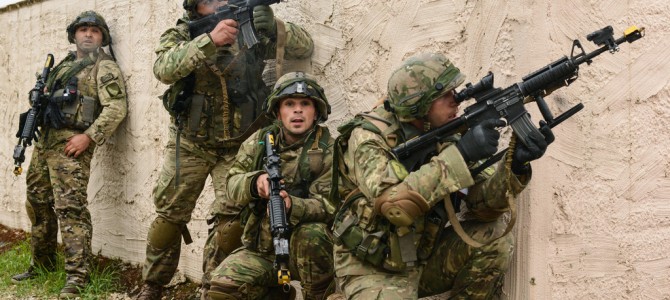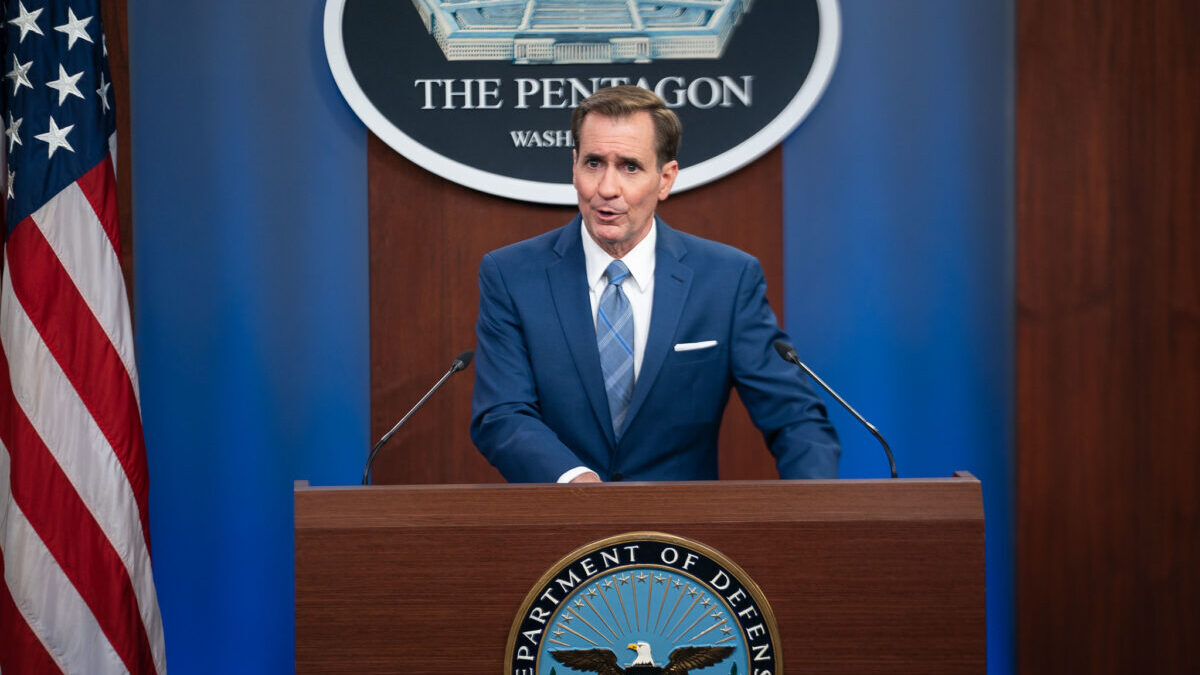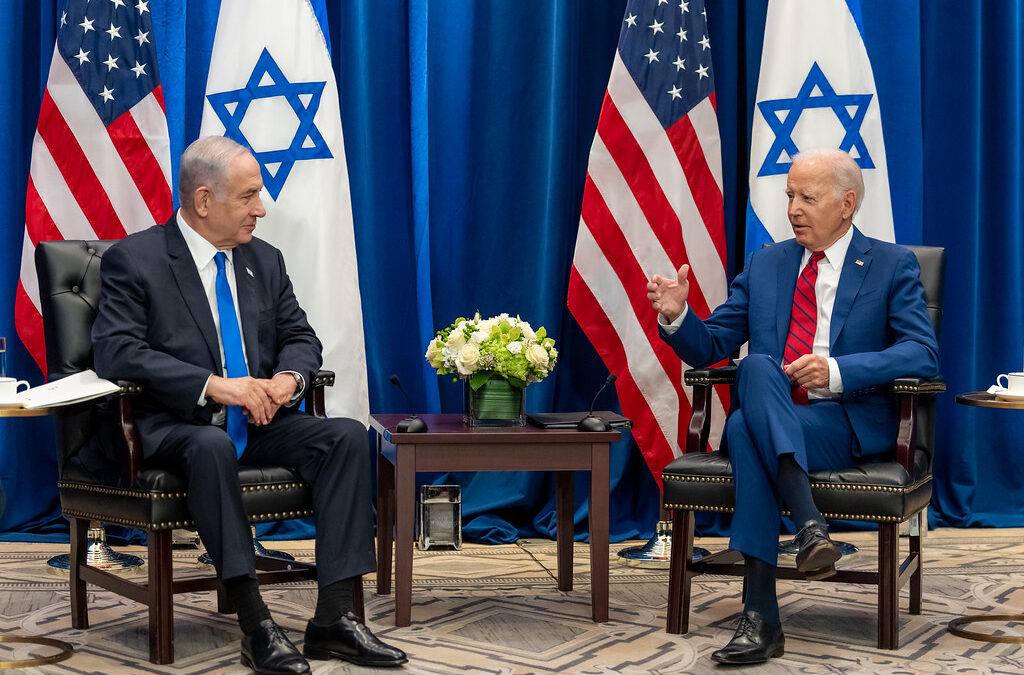“When men write about war, then, and say that it is a great plague, that is all true; but they should also see how great the plague is that it prevents. If people were good, and glad to keep peace, war would be the greatest plague on earth; but what are you going to do with the fact that people will not keep peace, but rob, steal, kill, outrage women and children, and take away property and honor?” — “Whether Soldiers Too Can Be Saved,” Martin Luther
The news is full of turmoil and unrest. It has been for a long time. Social media makes it difficult to avoid current events even if one doesn’t watch TV news or read a newspaper. It’s seemingly impossible to avoid the opinion, rhetoric, and discord that come with the varying responses to conflict in other parts of the world. Central for many Christians is how to reconcile Christianity and war.
Is war and the accompanying death, destruction, and horror compatible with Christianity? Can we as Christians defend ourselves and our allies? Can we seek out conflict?
Just War Theory is a historical and ongoing discussion of the criteria for evaluating conflict and how to resolve it from a Christian perspective. Justifying violence as a solution to violence is not simple. It is important to evaluate the motivations behind engaging an enemy. A Just War is usually defined as a war of self-defense or defense of an ally where all efforts of achieving peace have otherwise failed, success is likely, and a peaceful resolution is the final goal.
Aggression Versus Defense
Martin Luther further simplified the idea of a Just War to whether it is a war of aggression or defense between equals. “Let this be, then, the first thing to be said on this point, —War is not right, even between equal and equal, unless it is fought with such a good conscience that one can say, ‘My neighbor compels and forces me to fight, though I would rather avoid it.’ In that case, it can be called not only war, but due protection and self-defense.” Luther’s concern was the protection and defense of others.
This can help evaluate whether a situation is one that we as Christians be involved in. With so many places ravaged by fighting and so many people needing help, it can be overwhelming to think of trying to be the peacemakers for the world. Most conflicts do not have a clear path to peace. If we as Christians are to consider war, it should be carefully measured whether it is truly in defense of others or if it is being considered for the wrong reasons.
Christians have the Bible to provide guidance. We are exhorted in Matthew 5:29 to turn the other cheek when someone does evil to us. Does this mean that we are to be pacifists? No. This verse is not about nation-to-nation relations, but person-to-person. “Therefore, when they fight, they do it not for themselves or on their own account, but as a service and act of obedience to the rulers under whom they are, as St. Paul writes to Titus, ‘They shall obey the rulers,’” Luther says. When Jesus talked to a soldier, he did not tell him to put down his arms, leave his post, or pick up a different profession. Instead He commended the soldier for his faith.
People of the Christian faith express that through prayer. We are to pray for people in danger as well as for our enemies to be restrained from the evil they are seeking. Is prayer the end as Christians, or part of a greater course of action? We may also need to follow prayer with action if the good of our neighbor requires it.
So where does this leave the Christian in today’s world? Christians are free to serve as soldiers. They are able to participate in a war to defend our nation or others. As conflicts arise and we watch the horror unfold, we want there to be an easy answer. We should not seek out conflict, but instead work for peace and only engage when there is no other option left. The reality of war is always ugly, even a war in the pursuit of peace for ourselves or others. When problems cannot be solved peacefully, war is an option, but it should be one of last resort.









